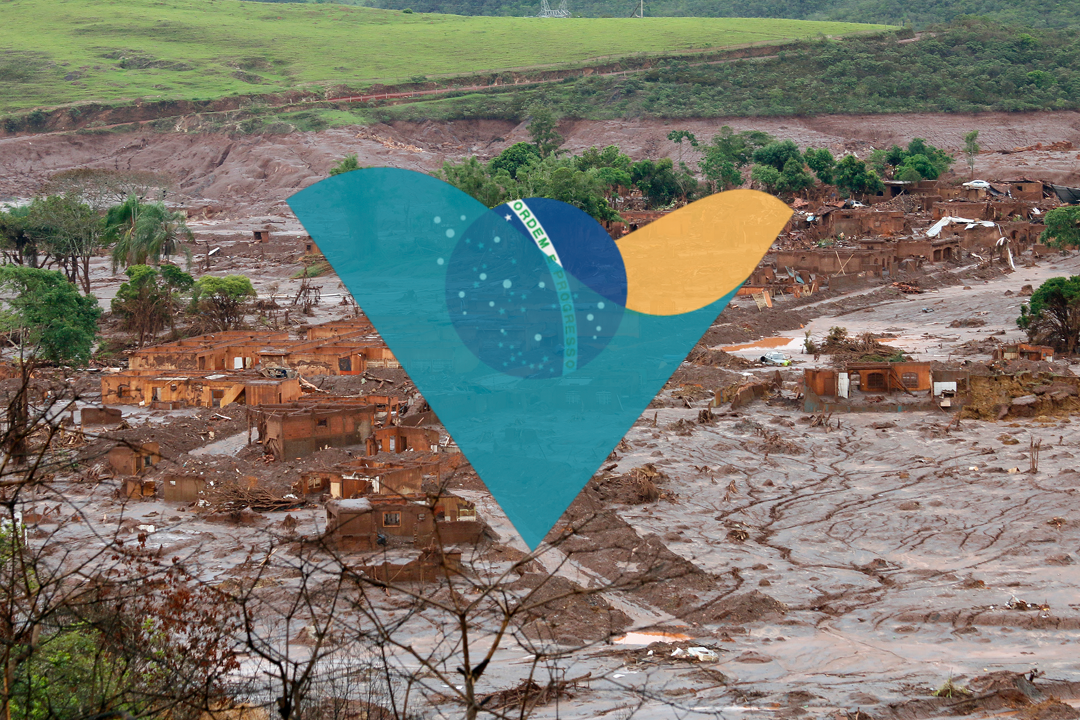To Vale and Business Partners: Remedy and Accountability for Victims Now
Numerous human rights defenders have been alerting the public to the dangers that the Vale dam posed to the people of Brumadinho, Brazil. On 25 January 2019, the dam exploded, unleashing a wave of toxic mud that killed or disappeared more than 300 people, the deadliest mining tragedy of its type that the world has seen in half a century.
A preventable and forewarned disaster, Brumadinho exemplifies the results of the problematic cozy relationship the Brazilian government has with the mining companies within its borders. Mine-safety regulations in Brazil have a reputation for being relaxed. While recent reports have indicated that Brazil might finally heed to the warnings of human rights defenders by strengthening mine-safety protections, Vale’s resilient influence in the region is well-documented. Vale and its associates responsible for the November 2015 Mariana dam tragedy — described at the time as the worst environmental catastrophe in Brazilian history — have yet to be held accountable more than three years later: Fines were issued and criminal charges brought, but the case has still not seen a full trial.
 |
| Photo: Rogério Alves/TV Senado, edited with overlay of satirized Vale logo |
These dynamics of state and corporate impunity are not unique to Brazil. ESCR-Net’s Corporate Capture Project has been calling attention to an egregious set of practices that have been normalized on a global scale. We use the term “corporate capture” to illustrate how corporate-government relationships are weakening the state institutions and processes that are responsible for ensuring the respect, protection and fulfillment of our human rights.
A month after the Brumadinho tragedy took hundreds of lives, mining investors are already publishing their speculations on how, “Vale may present a unique opportunity for a value play” and how under President Boslonaro’s new administration, “the company will most likely be able to take advantage of these new reforms to increase the profits of the company.”
In the face of corporate capture and the resulting lack of accountability, ESCR-Net joins 86 civil society organizations in urging companies and investors directly and indirectly linked to Vale to ensure that Vale provides reparations to the victims and guarantees that it never repeats this tragedy. All of Vale’s business partners and supply chain actors play a role in allowing Vale to perpetuate preventable human rights disasters.
“All companies bear a duty of due diligence, in order to identify, prevent, mitigate and respond to the negative consequences of their activities on human rights and the environment.”
Read the rest of the letters below initiated by members Justiça Global and FIDH, in alliance with Justiça nos Trilhos. The ESCR-Net Corporate Accountability Working Group reviewed, endorsed and helped to disseminate these letters, with multiple members also endorsing in their own capacity, including: ALTSEAN-Burma, Center for Constitutional Rights (CCR), Center for International Environmental Law (CIEL), Comité Ambiental en Defensa de la Vida, Conectas, Due Process of Law Foundation (DPLF), Movimento dos Atingidos por Barragens (MAB), Pakistan Fisherfolk Forum, Project on Organizing, Development, Education, and Research (PODER), and The Movement for the Survival of the Ogoni People(MOSOP).
